Politics
Human society is always surrounded by politics of some sort. Whether it is the basic negotiation of leadership and obedience of rules for clans or soldiers or, the more sophisticated set up of the modern world the relationship of control and decision making is always around. Grouped together in this strand are articles and podcasts covering the systems of the ancient world in Greece and Rome, alongside the stories of revolution in Europe, the creation of treaties and alliances and the arguments amongst political parties today.
Sort by:
Date (Newest first) | Title A-Z
Show:
All |
Articles |
Podcasts |
Multipage Articles
-

The secret diaries of William Wilberforce
ArticleClick to view -

Capturing public opinion during the Paris Commune of 1871
ArticleClick to view -
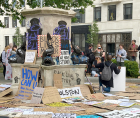
The British Empire on trial
ArticleClick to view -

‘Zulu’ and the end of Empire
ArticleClick to view -
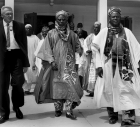
Legacies of the Cement Armada
ArticleClick to view -

What did it mean to be a city in early modern Germany?
ArticleClick to view -

‘Power to the people’? Disputed presidential elections in US history
ArticleClick to view -

History Abridged: The census
ArticleClick to view -
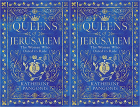
Queens of Jerusalem: The Women Who Dared to Rule
ArticleClick to view -
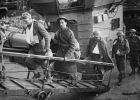
Why was it so important to see Dunkirk as a triumph rather than a disaster in 1940?
ArticleClick to view -
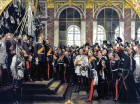
Blood and Iron: the violent birth of modern Germany
ArticleClick to view -
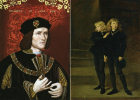
Richard III and the Princes in the Tower: update
ArticleClick to view -

German universities under the Nazis
ArticleClick to view -

History Abridged: POTUS - President of the United States
ArticleClick to view -

On Black Lives Matter
ArticleClick to view -

100 years of the 19th Amendment
30th September 2020Click to view -
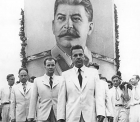
What difference has the opening (and closing) of archives after 1991 made to the historiography of the Cold War?
ArticleClick to view -

Film: Reimagining the Blitz Spirit
24th August 2020Click to view -

How is the source base of the twentieth century different from that of earlier periods?
ArticleClick to view -

What is interesting about the Cold War?
ArticleClick to view

